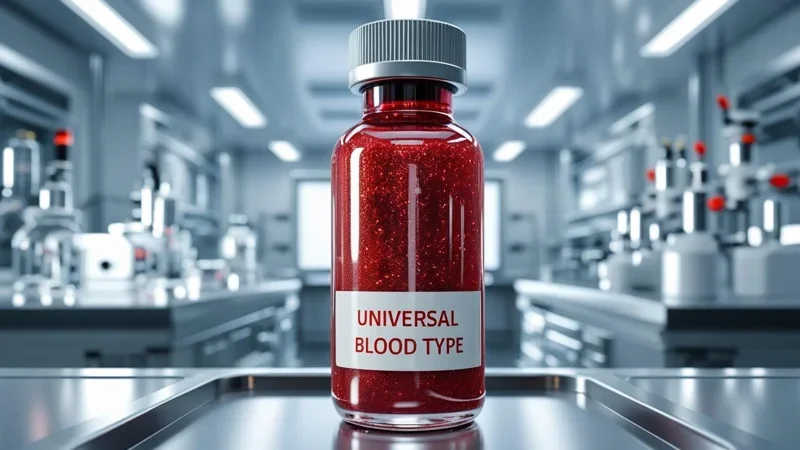In a major medical breakthrough that could revolutionize organ transplantation, scientists have developed a method to make kidneys compatible with any patient, potentially eliminating the need for traditional transplant waitlists. An international research team, led by scientists from Canada and China, has successfully engineered a “universal” kidney by using specialized enzymes to remove blood-type-specific antigens from donor organs. By converting a type A kidney into a type O organ, they effectively made it “invisible” to the immune system, drastically lowering the chances of rejection after transplantation. In an unprecedented human model study, the enzyme-treated kidney was tested in a brain-dead donor, where it functioned normally for several days. Although some type A markers began to reappear by the third day, the immune response remained significantly weaker than anticipated — an encouraging sign that full compatibility may be achievable in the near future. This discovery carries immense promise. More than half of all kidney transplant candidates require type O organs, yet they face the longest waiting times due to strict blood-type matching requirements. In the United States alone, 11 people die each day while waiting for a kidney transplant. Researchers believe this advancement could mark a turning point in the fight against organ shortages. By creating universal donor kidneys, the system could become more equitable and efficient, allowing faster and fairer distribution of lifesaving transplants. While more studies are needed before clinical use in living patients, the findings offer a glimpse into a future where organ compatibility barriers may no longer exist.




































